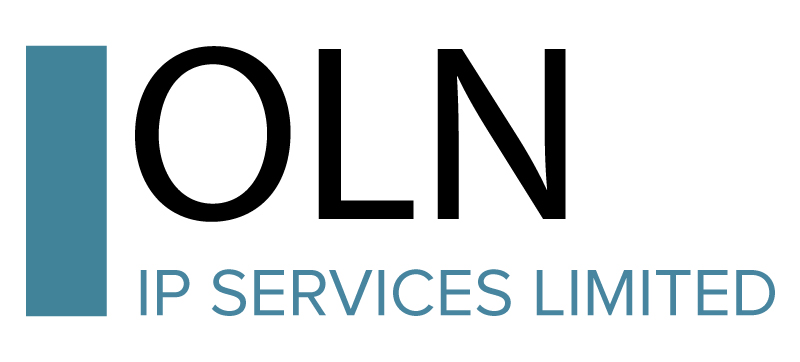Louboutin, the renowned French footwear brand, has recently won a trademark infringement case in India. The court issued an injunction, barring an unrelated footwear company from selling copycat shoes with red soles and spikes. This ruling not only underscores the protection of Louboutin’s intellectual property but also brings attention to the treatment of evidence generated by artificial intelligence (AI). In this article, we delve into the court’s decision and explore the implications it holds for AI-generated evidence in legal proceedings.
Trademark Injunction and AI-Generated Evidence
On 22 August 2023, the High Court of Delhi handed down a significant ruling, granting a preliminary injunction against M/S The Shoe Boutique. The injunction prevents them from selling shoes that imitate Louboutin’s distinctive “spike patterns” and its iconic red sole. The court clarified that Louboutin does not hold a monopoly on all spiked shoes or colored soles. To merit an injunction, the products must be deemed as “colorable” or “slavish imitations” of Louboutin’s designs and its renowned red sole trademark.
Within the course of the legal proceedings, Louboutin’s legal counsel introduced evidence generated by the ChatGPT AI platform to support their argument of acquired distinctiveness. They contended that the reputation Louboutin has built could be evaluated based on a ChatGPT query, which affirmed the brand’s association with spiked shoes. However, the court dismissed this line of evidence, highlighting the limitations of AI-generated responses. The court emphasized that AI cannot replace human intelligence and the essential human element in the adjudicatory process. It cautioned that AI tools, such as ChatGPT, should be used solely for preliminary understanding or research purposes.
Global Perspectives on AI in Legal Proceedings
The integration of AI in the legal field has generated differing viewpoints between the courts and legal practitioners, sparking discussions about the potential transformative effects of generative AI on legal services and the associated risks. A recent survey by the Thomson Reuters Institute shed light on these dynamics, revealing evolving opinions within law firms and the need to address potential risks.
The survey found that a significant majority (82%) of respondents believed that ChatGPT and generative AI could be readily applied to legal work, with a slightly smaller majority (51%) expressing that these technologies should be integrated into legal practice. However, while awareness of generative AI was high, actual usage in law firms remained limited, with only 3% reporting current usage, although 34% indicated active consideration for adoption.
Law firms have taken a cautious approach by implementing measures to regulate generative AI use. Approximately 15% of respondents stated that their firms had issued warnings against unauthorized usage, while 6% had explicitly banned such usage. There was a lack of complete trust in generative AI tools, particularly public-facing platforms like ChatGPT, with concerns about accuracy, security, and handling confidential client data.
Despite these concerns, the report highlights the potential transformative impact of ChatGPT and generative AI on the legal industry. Growing acceptance of these technologies is seen as a pivotal moment, with predictions of widespread adoption. As the legal industry navigates the evolving AI landscape, addressing differing perspectives, concerns, and opportunities, increased familiarity and understanding are likely to drive greater adoption of these tools within law firms, potentially reshaping the industry.
Further, judicial perspectives on AI in the legal field further contribute to the ongoing debate. The Indian court’s ruling aligns with concerns expressed by judges in the United States. Judge Brantley Starr of the U.S. District Court for the Northern District of Texas became the first federal judge to explicitly ban the use of generative AI platforms in legal filings without human verification. He cited the potential for AI platforms to produce inaccurate information, engage in hallucinations, and fabricate quotes and citations.
Similarly, Magistrate Judge Gabriel Fuentes of the U.S. District Court for the Northern District of Illinois mandated the disclosure of generative AI tool usage in legal documents and research to promote transparency and ensure accountability within the legal system.
These rulings and orders reflect the need to balance the benefits of AI with the integrity of the legal process.
Conclusion
Louboutin’s triumph in the Indian trademark battle highlights the significance of safeguarding intellectual property rights. Additionally, it raises important questions about the admissibility of AI-generated evidence. The answer generated by ChatGPT in this case will most likely be consistent with the outcome of a properly conducted non-AI market survey but admissibility is the issue. While AI platforms like ChatGPT offer valuable insights and aid in preliminary research, their limitations regarding accuracy, potential bias, and the risk of generating fictional information necessitate human oversight in the legal adjudication process. Striking a delicate balance between harnessing the benefits of AI and preserving the integrity of legal proceedings remains a key challenge for the legal community as it grapples with the implications of AI technology.
If you would like to know more about AI in the context of legal proceedings and intellectual property rights, please contact us.
Disclaimer: This article is for reference only. Nothing herein shall be construed as legal advice, whether generally or for any specific person. Oldham, Li & Nie shall not be held liable for any loss and/or damage incurred by any person acting as a result of the materials contained in this article.





